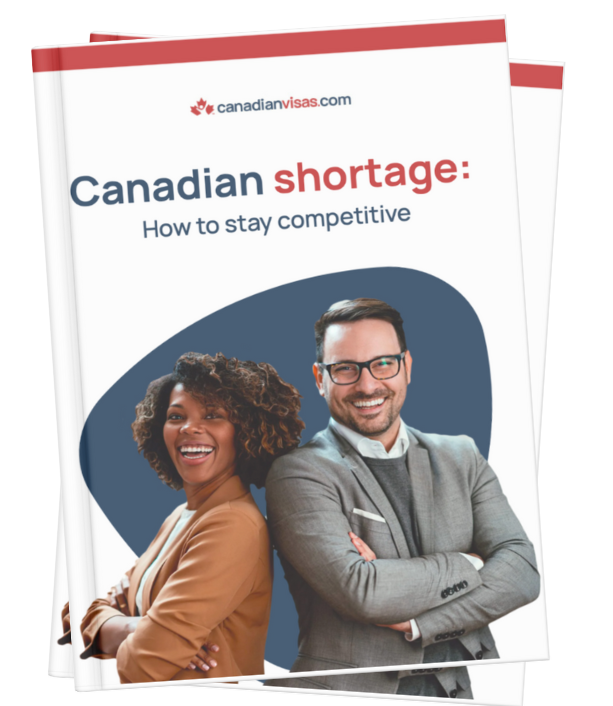| High Wage | Above both the occupational and provincial median wage
| Mostly requires semi/highly skilled occupations, but not limited to these.
| Operational business must be in good financial standing
| | Open to any foreign national meeting job requirements |
Open to any foreign national meeting job requirementsOpen to any foreign national meeting job requirements
|
Low Wage
| Meets the provincial/territorial minimum wage
| Requires low-skilled occupations
| Operational business must be in good financial standing
| | Open to any foreign national meeting job requirements |
|
Agricultural or Seasonal Agricultural Worker
| Wage rates as per wage tables or federal/provincial/territorial minimum wage rates, whichever is higher
| Requires specific agricultural roles like managers, contractors, supervisors, etc.
| Operational business in good financial standing; Must be farm, nursery or greenhouse; Production must be on the National Commodities List
|
| Open to any foreign national meeting job requirements. For Seasonal Agricultural Worker stream, only citizens of Mexico and certain Caribbean countries are eligible |
|
Permanent Residence (Express Entry)
| High wage
| Requires positions in NOC’s TEER 0/1/2/3, including management, professional, scientific, technical or trade occupationsRequires positions in NOC’s TEER 0/1/2/3, including management, professional, scientific, technical or trade occupationsRequires positions in NOC’s TEER 0/1/2/3, including management, professional, scientific, technical or trade occupations
| Operational business must have been operating for at least 1 year, be in good financial standing, and offer a permanent job
|
| Open to any foreign national meeting job requirements |
|
Global Talent
| Equal to or above the median wage for the occupation and work location
| Requires specific tech and engineering roles on the Global Talent Occupations List, or unique and specialized roles
| Operational business must be in good financial standing, and for unique and specialized roles, the business must be an innovative firm with a referral from a designated organization
| | Open to any foreign national meeting job requirements |
|
In-Home Caregiver
| Equal to or above the median wage for the occupation and work location
| Requires specific caregiving jobs like child care provider, live-in caregiver, nanny, etc.
| Open to families or private households in good financial standing requiring caregivers for children or persons with high medical needs
| | Open to any foreign national meeting job requirements |
|





